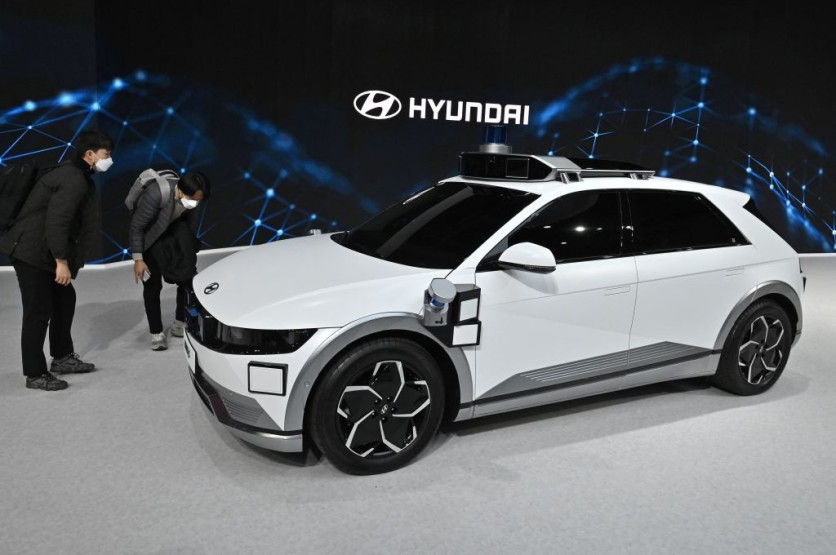It's official-Hyundai will start construction of its $5.5 billion electric vehicle factory in Georgia on October 25, according to Electrek. The automaker has been working with US officials over Electric Vehicle (EV) tax credit changes for months in the recently passed climate law.

Hyundai will meet with state and local leaders to start the 3,000-acre project, which is the most important economic development project in the history of Georgia, as reported by The Atlanta Journal-Constitution.
The facility will be the first dedicated EV plant of the automaker. In May, Hyundai announced its plans and that it has entered into an agreement with the state to start construction in early 2023. However, since the Inflation Reduction Act was passed in August, Hyundai stated its concerns over the disproportionate effects it may have on automakers.
Prior to the passing of the bill, Hyundai model qualified but with strict battery sourcing and assembly requirements; however, this would no longer be the case. The climate bill was passed to renew US manufacturing capacity and support the US' transition to EVs. In addition to this, the bill will also help boost the economy.
Hyundai and Tax Credit
Earlier this month, Georgia Senator Reverend Warnock introduced a bill that would give automakers a grace period to build EVs in the US. The Affordable Electric Vehicles for America Act would delay when the specific requirement would go into law until 2025.
Hyundai has already agreed to invest in EV manufacturing in the US. The Hyundai Group's parts supplier will invest to establish an EV components plan that will expand its footprint in the US further. Currently, Hyundai is seeking a delay to the phase-in period for the newly-passed US climate bill to have its EV models still qualify for the tax credit until its plant is operational.
The Climate Bill for EV Owners
The biggest highlight of the new climate bill for EV owners is the EV tax credit. With this, EV buyers will be eligible to a $7,500 tax credit for new EVs and $4,500 for used ones. The bill will simulate EV production in the US. However, for automakers to be eligible, the materials they will use for manufacturing should be sourced domestically. This is the reason Hyundai wants a plant in the US.
Also Read: Hyundai to Invest its First EV-Only Facility in Georgia
Solidifying Its US Presence
The South Korean automaker is indeed, looking to solidify its place in the US. They aim to be an EV powerhouse with hopes to capture seven percent of the global EV market, or 1.87 million sales by 2030. With 11 new EV models, the automaker, indeed, has a lot to offer.
Related Article: Hyundai Keeps the Car Culture Alive With Its 'Rolling Labs,' First EV to Come Out in 2023
This article is owned by Tech Times
Written by April Fowell
ⓒ 2025 TECHTIMES.com All rights reserved. Do not reproduce without permission.




